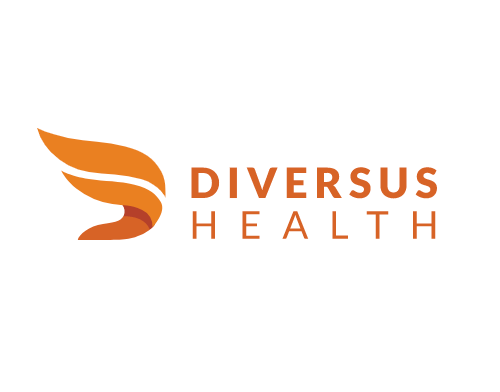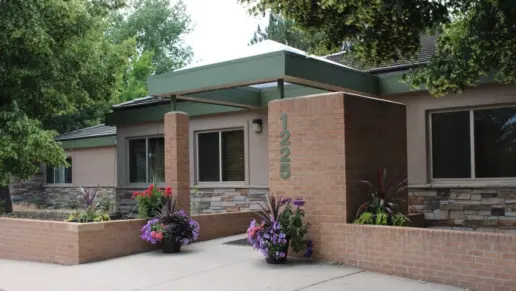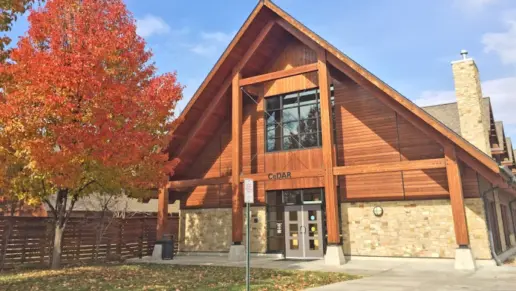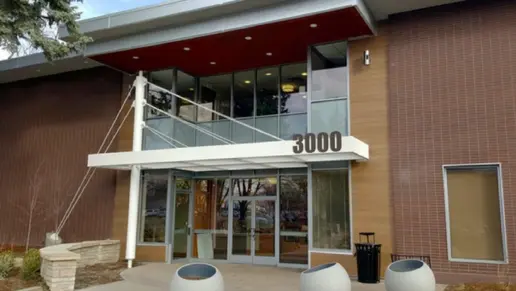This place is great, patient care should be more faster so as not to waste so much time.
About Diversus Health Lighthouse Walk-in Crisis Center
Diversus Health is located in Colorado Springs, Colorado offers a huge range of mental health services designed to help anyone struggling when things are overwhelming. Diversus Health offers mobile crisis units, residential health, and 24/7 walk-in crisis support. They make it a point to mention that they help both families and individuals, as well as their clients who are developmentally disabled or homeless. Basically, from all of the information they share with the public, Diversus will accept nearly anyone.
Whether a person is struggling with substance abuse, suicidal thoughts or tendencies, hallucinations, paranoid, or they’ve recently been exposed to trauma, Diversus Health has several program offerings available. I also love that Diversus offers virtual options, a crisis hotline, and texting options for those who are more rural and would have a hard time accessing any of the in-person options currently offered by Diversus.
Plus, Diversus says that they work with all insurances, whether you’re a new or an existing member. But, if you don’t have health insurance, Diversus still offers programs and support for you. Some of the insurance options Diversus accepts are Aetna, Medicaid, Blue Cross Blue Shield, Cigna and more.
One of the things I appreciated the most about what Diversus Health officers is their holistic approach. As someone who has struggled greatly with mental health conditions in the past, I know all too well how many doctors might seem to rely heavily on sending prescription meds to you as their main mode of treatment. But, that doesn’t seem to be the case with Diversus Health.
They offer so many different programs and resources for anyone who walks in their doors, it’s clear that they don’t just focus on the immediate crisis a person is having. By everything they offer, one of the biggest goals it seems that Diversus Health has is providing long-term support and success.
Latest Reviews
Rehab Score
Gallery
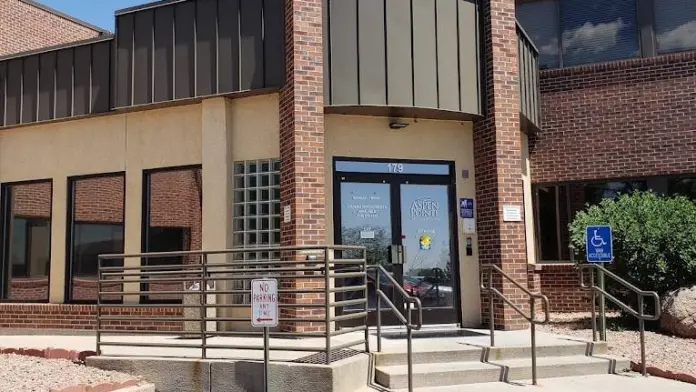
Location
Other Forms of Payment
Self-pay involves paying for treatment out of your own pocket. You can use savings or credit, get a personal loan, or receive help from family and friends to fund your treatment. If you don't have insurance or your insurance plan doesn't cover a specific program, self-pay can help ensure you still get the care you need.
Medicaid is a state based program that helps lower-income individuals and families pay for healthcare. Medicaid covers addiction treatment so those enrolled can use their coverage to pay for rehab. When a program accepts Medicaid the client often pays very little or nothing out of their own pocket.
Military members, veterans, and eligible dependents have access to specific insurance programs that help them get the care they need. TRICARE and VA insurance can help you access low cost or no cost addiction and mental health treatment. Programs that accept military insurance often have targeted treatment focused on the unique challenges military members, veterans, and their families face.
Medicare is a federal program that provides health insurance for those 65 and older. It also serves people under 65 with chronic and disabling health challenges. To use Medicare for addiction treatment you need to find a program that accepts Medicare and is in network with your plan. Out of pocket costs and preauthorization requirements vary, so always check with your provider.
Private insurance refers to any kind of healthcare coverage that isn't from the state or federal government. This includes individual and family plans offered by an employer or purchased from the Insurance Marketplace. Every plan will have different requirements and out of pocket costs so be sure to get the full details before you start treatment.
Addiction Treatments
Levels of Care
Treatments
The goal of treatment for alcoholism is abstinence. Those with poor social support, poor motivation, or psychiatric disorders tend to relapse within a few years of treatment. For these people, success is measured by longer periods of abstinence, reduced use of alcohol, better health, and improved social functioning. Recovery and Maintenance are usually based on 12 step programs and AA meetings.
Professional services are often necessary to recover from addiction. Drug rehab in Colorado provides the expert services needed to address the complex issues of addiction and help individuals start their recovery journey.
A combined mental health and substance abuse rehab has the staff and resources available to handle individuals with both mental health and substance abuse issues. It can be challenging to determine where a specific symptom stems from (a mental health issue or an issue related to substance abuse), so mental health and substance abuse professionals are helpful in detangling symptoms and keeping treatment on track.
Opioid rehabs specialize in supporting those recovering from opioid addiction. They treat those suffering from addiction to illegal opioids like heroin, as well as prescription drugs like oxycodone. These centers typically combine both physical as well as mental and emotional support to help stop addiction. Physical support often includes medical detox and subsequent medical support (including medication), and mental support includes in-depth therapy to address the underlying causes of addiction.
Programs


Clinical Services
Whether a marriage or other committed relationship, an intimate partnership is one of the most important aspects of a person's life. Drug and alcohol addiction affects both members of a couple in deep and meaningful ways, as does rehab and recovery. Couples therapy and other couples-focused treatment programs are significant parts of exploring triggers of addiction, as well as learning how to build healthy patterns to support ongoing sobriety.
Research clearly demonstrates that recovery is far more successful and sustainable when loved ones like family members participate in rehab and substance abuse treatment. Genetic factors may be at play when it comes to drug and alcohol addiction, as well as mental health issues. Family dynamics often play a critical role in addiction triggers, and if properly educated, family members can be a strong source of support when it comes to rehabilitation.
Group therapy is any therapeutic work that happens in a group (not one-on-one). There are a number of different group therapy modalities, including support groups, experiential therapy, psycho-education, and more. Group therapy involves treatment as well as processing interaction between group members.
In individual therapy, a patient meets one-on-one with a trained psychologist or counselor. Therapy is a pivotal part of effective substance abuse treatment, as it often covers root causes of addiction, including challenges faced by the patient in their social, family, and work/school life.
Staff & Accreditations
Staff
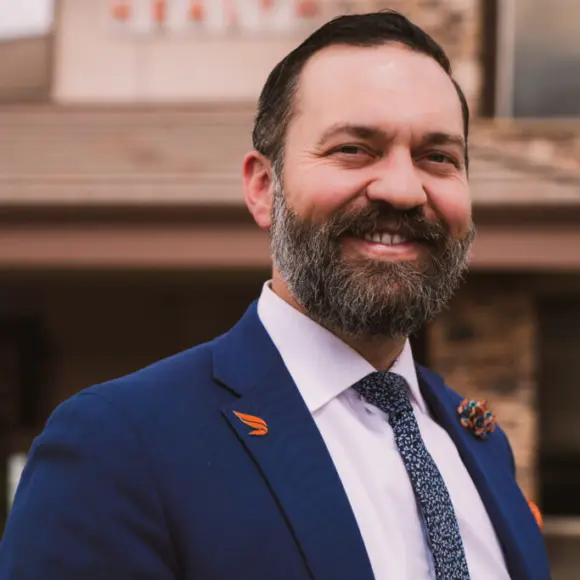
President & CEO
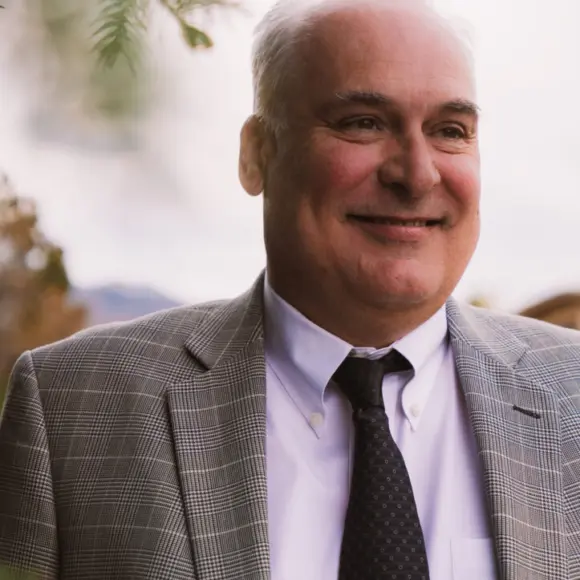
COO
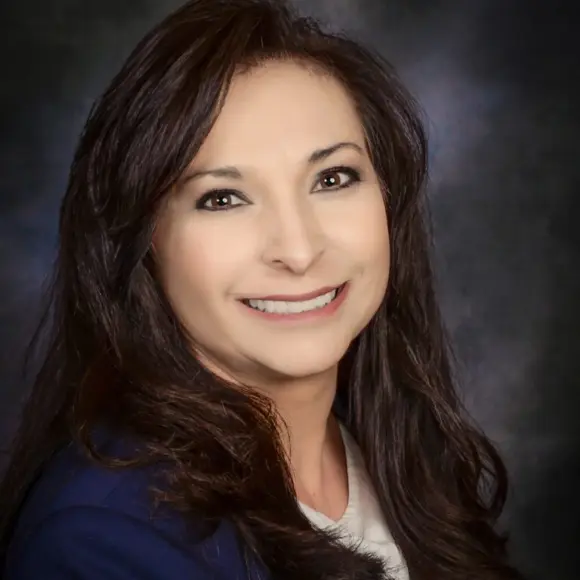
Chief Administrative Officer

CIO

Chief Medical Officer
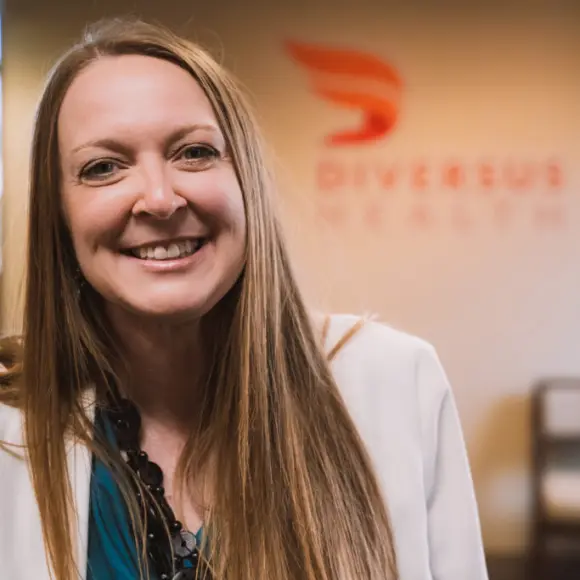
Chief Clinical Officer
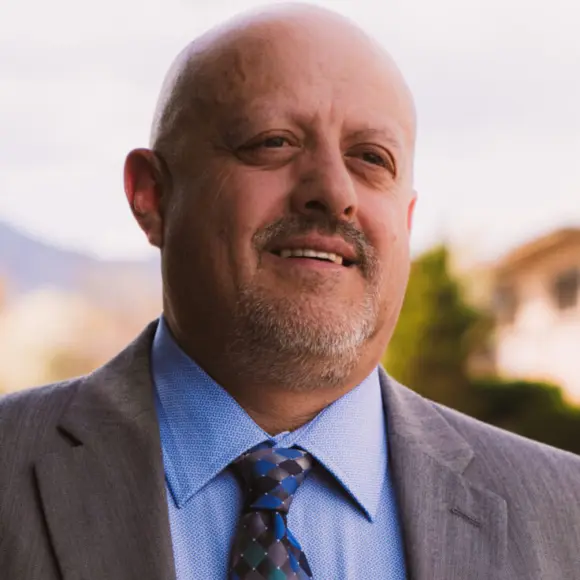
VP of Accounting & Finance
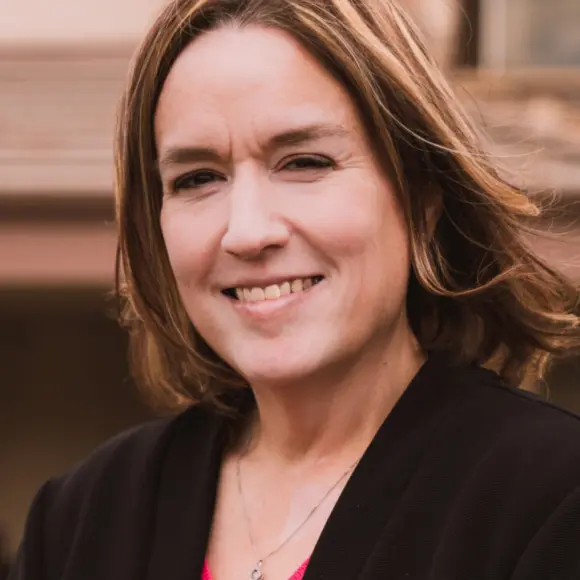
VP of Nursing
Accreditations

The Joint Commission, formerly known as JCAHO, is a nonprofit organization that accredits rehab organizations and programs. Founded in 1951, the Joint Commision's mission is to improve the quality of patient care and demonstrating the quality of patient care.
Joint Commission Accreditation: Yes
Contact Information
115 South Parkside
Colorado Springs, CO 80910
